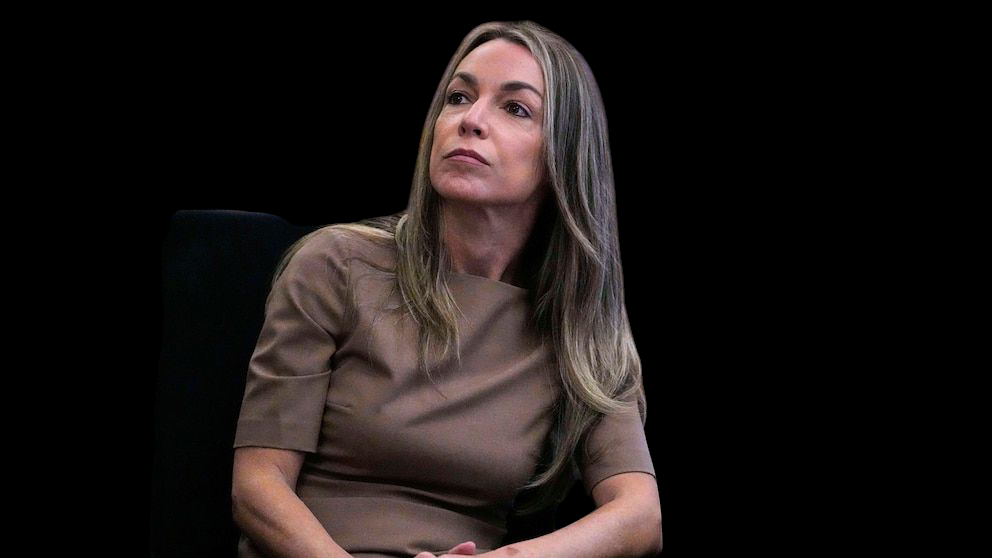US Supreme Court Abortion Ruling Reaction: America Responds to a Divisive Verdict
Introduction: A Nation Reacts
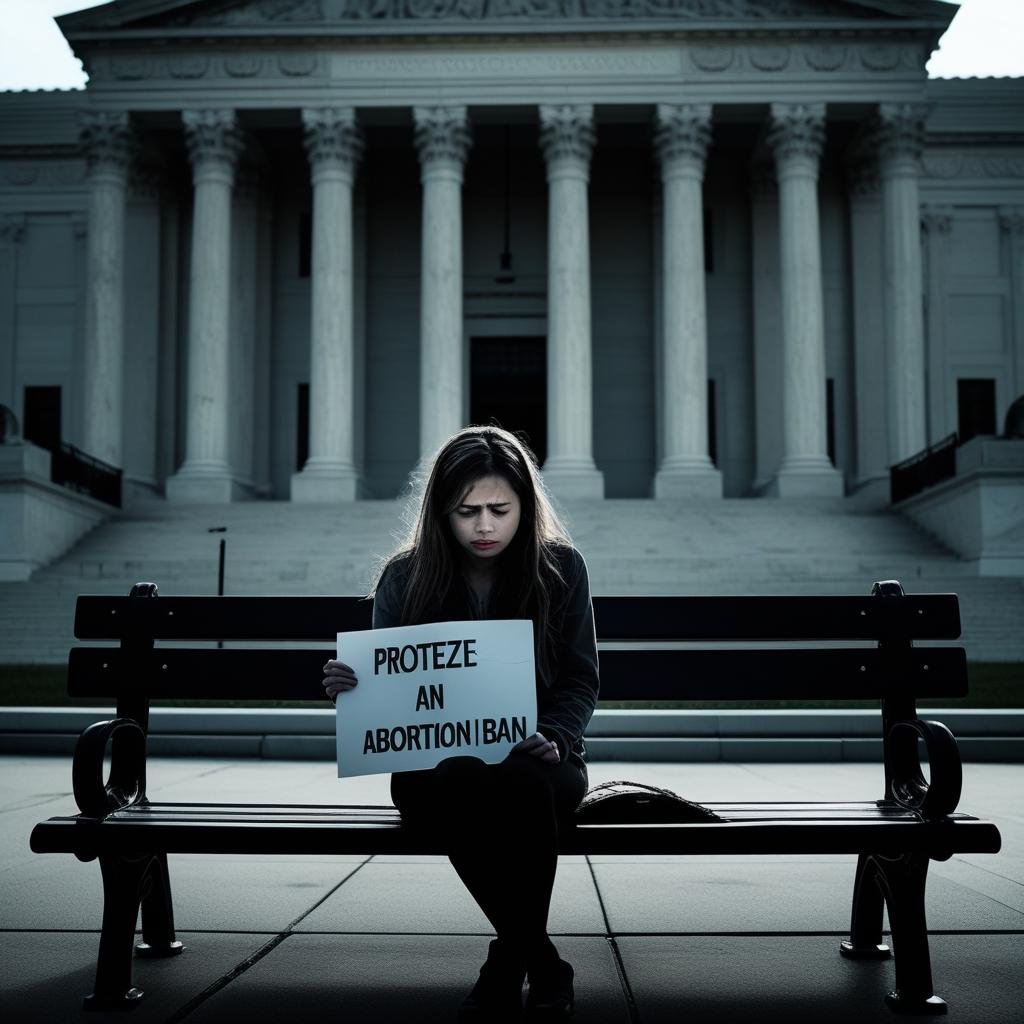
The US Supreme Court abortion ruling reaction has once again reignited nationwide debate, division, and discourse. With the Court’s 2025 decision revisiting and reinforcing the controversial precedent set by the Dobbs v. Jackson Women’s Health Organization case in 2022—which overturned Roe v. Wade—the public, policymakers, and protestors have responded in a wave of emotion, support, and condemnation.
As Americans brace for the societal and legal implications of the abortion ruling, the ripple effects are being felt across political parties, state legislatures, global observers, and women’s rights advocates.
A Brief Recap: The Supreme Court’s Abortion Decision
In its 6–3 decision, the Supreme Court reaffirmed its position that abortion rights are not federally protected under the U.S. Constitution. This means each state holds full authority to regulate—or ban—abortion as it deems fit.
This 2025 ruling also upheld new laws in six states that restrict abortion access even further, including bans on abortion after six weeks and criminal penalties for providers. Critics argue the ruling severely limits reproductive freedom, while supporters claim it protects unborn life.
Public Reaction: Outrage, Relief, and Protest
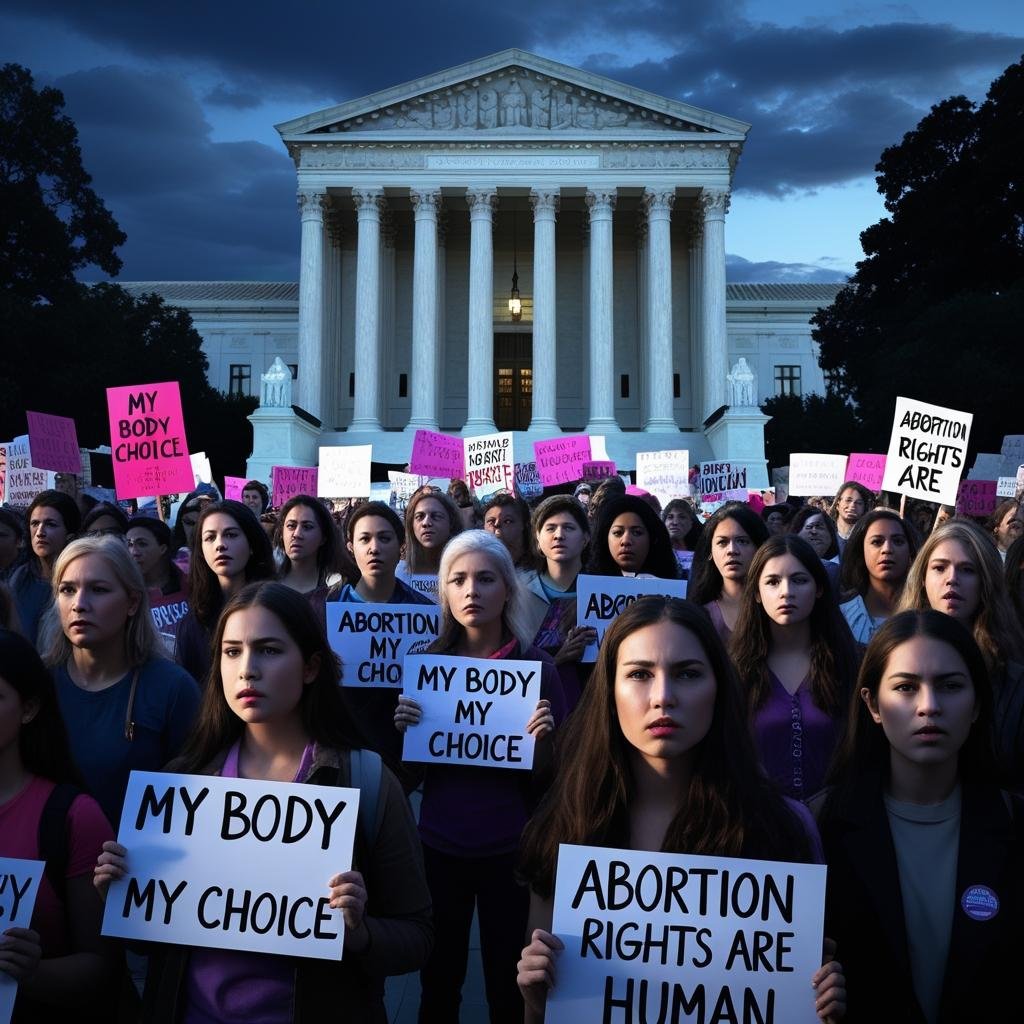
Protests Erupt Nationwide
In major cities like New York, Los Angeles, Chicago, and Atlanta, thousands of people took to the streets within hours of the ruling. Organized by groups such as Planned Parenthood, Women’s March, and Bans Off Our Bodies, the protests included candlelight vigils, courthouse demonstrations, and even national walkouts.
“This decision attacks our rights and our bodies,” said protestor Mariah Johnson in Washington, D.C.
Supporters of the Ruling
Pro-life groups including Susan B. Anthony Pro-Life America and March for Life praised the ruling, calling it a “monumental victory for life and constitutional governance.”
“This isn’t about denying rights. It’s about protecting the unborn,” stated activist Jenna Hartley on Fox News.
Political Fallout: Democrats vs Republicans
Democratic Response
Democratic lawmakers, including President Biden and Vice President Kamala Harris, condemned the Supreme Court abortion ruling, promising to push for federal protections for reproductive rights.
-
Joe Biden: “This court has turned back the clock 50 years.”
-
Kamala Harris: “This fight is far from over. We will restore rights state by state.”
Republican Applause
Republican leaders praised the ruling, emphasizing states’ rights and protection of life. Governors from Texas, Florida, and Mississippi quickly announced plans to pass stricter abortion laws.
-
Ron DeSantis: “This is a win for state sovereignty and morality.”
-
Sarah Huckabee Sanders: “We’re protecting life from conception.”
State-Level Fallout: Patchwork of Abortion Access
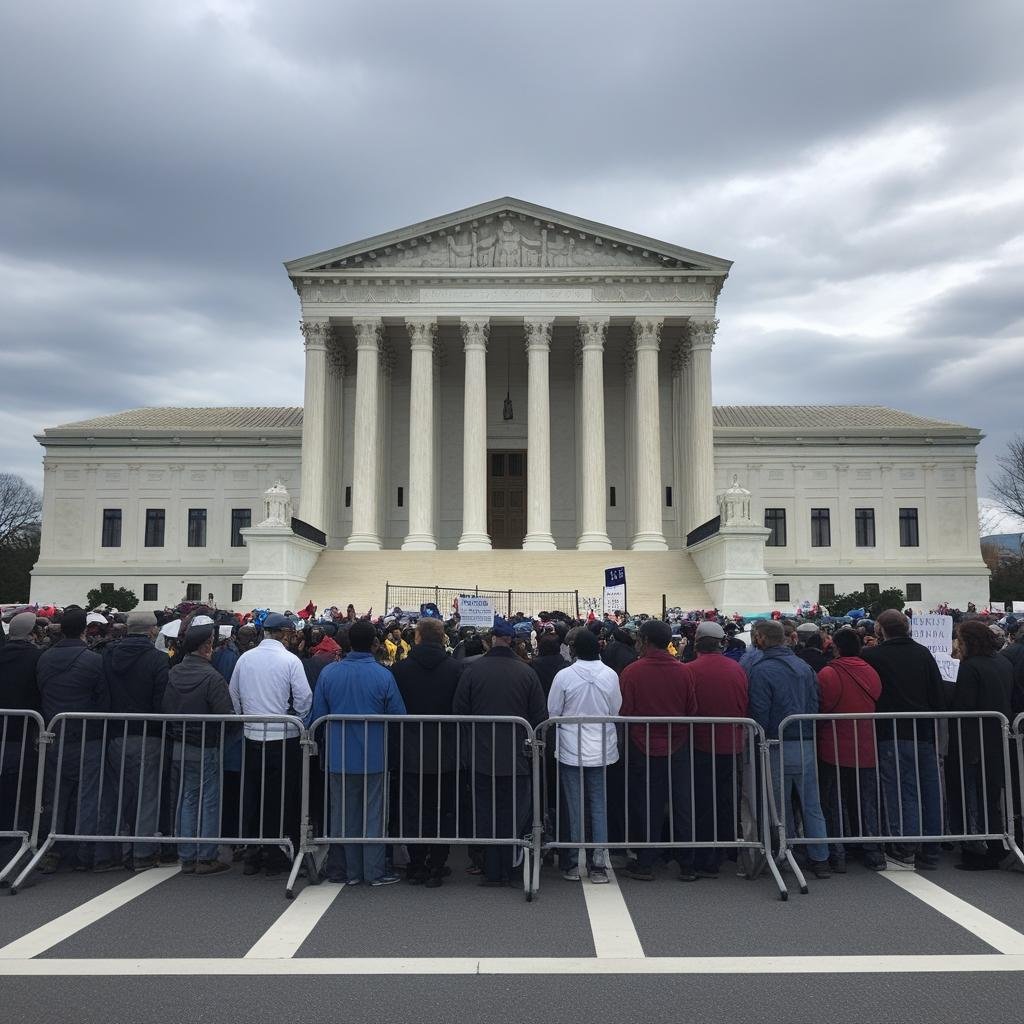
After the ruling, the U.S. is now a patchwork of abortion laws:
| State | Status Post-Ruling |
|---|---|
| Texas | Abortion banned after 6 weeks |
| California | Fully legal up to 24 weeks |
| Florida | 6-week ban with no exceptions |
| Illinois | Sanctuary state for abortion seekers |
| Idaho | Complete ban with criminal penalties |
| New York | Legal and expanding access |
Many women are now traveling across state lines for procedures, raising concerns about healthcare access inequality.
Global Reaction: The World Watches
Canada
Prime Minister Justin Trudeau tweeted:
“A setback for women’s rights everywhere. Canada stands firm in protecting choice.”
United Kingdom
Many UK lawmakers and health professionals criticized the decision. Some women’s rights groups marched in solidarity with U.S. activists outside the American embassy in London.
United Nations
UN Human Rights experts issued a statement:
“This ruling sets a dangerous precedent. Denying reproductive autonomy is a violation of human rights.”
Public Opinion: Deeply Divided
According to a Gallup poll released post-ruling:
-
58% of Americans oppose the decision
-
34% support it
-
8% are unsure
Among women aged 18–29:
-
72% oppose the ruling
-
60% say it will impact how they vote in 2026
Social Media Reaction: A Firestorm
Twitter/X:
“The Supreme Court just reminded us that our rights can be taken. #AbortionRights” – @ReproJustice
“Thank you SCOTUS for standing up for unborn children. #ProLifeVictory” – @LifeMattersUSA
TikTok:
-
#AbortionRuling2025 trending with 200M+ views
-
Viral videos: doctors explaining impact, emotional testimonies, protests
Medical Community Response
Doctors and medical associations have expressed alarm over the ruling. Many fear criminal prosecution, loss of licenses, or the inability to provide life-saving care.
-
American College of Obstetricians and Gynecologists (ACOG):
“This ruling puts physicians in an ethical crisis.”
-
Emergency Room Surgeons’ Guild:
“We’re already seeing tragic outcomes due to delayed abortion care.”
Long-Term Implications
For Healthcare
-
More patients traveling out of state
-
Mental health issues increasing among impacted women
-
Surge in demand for abortion pills and telemedicine
For Elections
The ruling is expected to be a defining issue in 2026 midterm elections and even the 2028 presidential race.
-
Activist groups are launching voter drives
-
Candidates are centering abortion in their campaigns
Voices from Both Sides
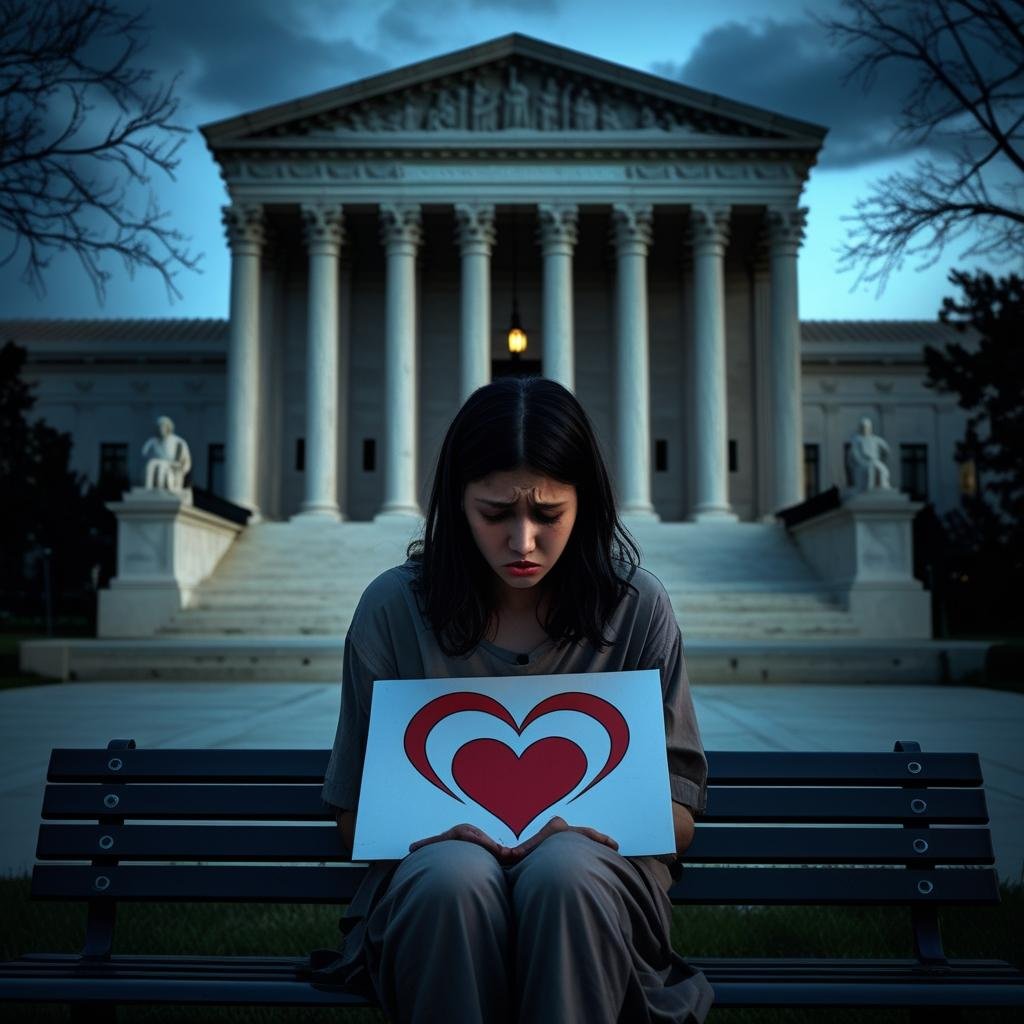
Pro-Choice Advocate:
“We will never stop fighting for our freedom. The court doesn’t own our bodies.”
Pro-Life Leader:
“This is the first step to restoring morality. We must continue to defend life.”
Abortion Ruling: Legal Expert Viewpoint
Constitutional experts believe this ruling solidifies the Dobbs-era legal doctrine, putting all reproductive rights in the hands of individual states. Some argue it opens the door for federal bans, while others believe it invites more legal chaos.
“We’ve essentially abandoned national consistency in healthcare rights,” said legal scholar Prof. Ellen Graves.
Conclusion: The Fight Isn’t Over
The US Supreme Court abortion ruling has exposed deep fractures in American society, government, and belief systems. While supporters hail it as a return to moral order and constitutionalism, opponents see it as a dangerous rollback of human rights.
Regardless of stance, one thing is clear: this decision has set the stage for a generational battle over reproductive rights, with no signs of slowing down.
